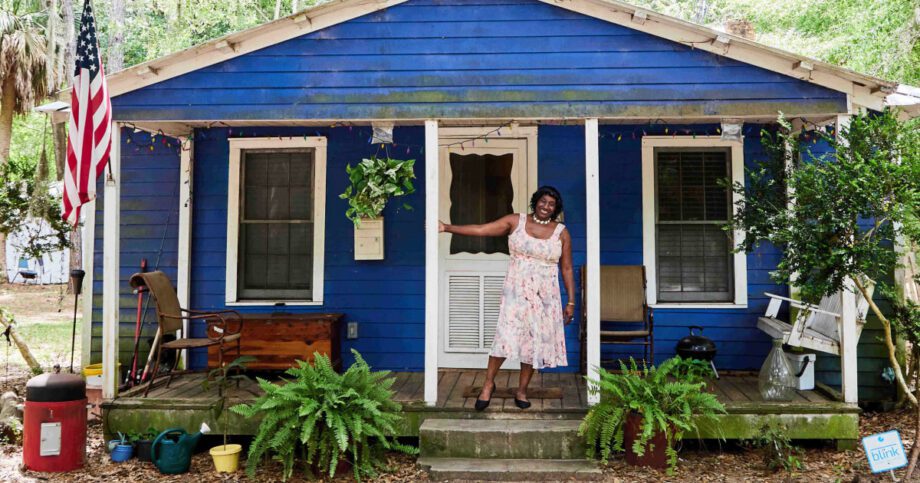The destruction of these communities dates back to their formation when white supremacists targeted Black individuals, demolishing entire neighborhoods or driving them away, evident in events like the Tulsa Race Massacre in 1921 and the Rosewood, Florida, massacre in 1923.
In more recent times, the decline of these strongholds can be attributed to a combination of revised laws, unequal tax policies, property devaluation, and political obstacles that render these communities susceptible to developers and widespread gentrification.
Elizabeth Clark-Lewis, the director of the public history program at Howard University, noted that simple changes such as rezoning of areas by individuals in power can lead to the demise of these historic towns.
Marquetta Goodwine, also known as Queen Quet, highlighted instances where developments like gated communities and golf courses have driven up taxes and displaced native Gullah-Geechees along the coast.
On St. Helena Island in South Carolina, banners advocating for the protection of culture, history, and land are prominently displayed.
The Beaufort County council intervened to block a golf course development on Gullah-Geechee land, which had been requested by developer Elvio Tropeano. The developer has since filed legal actions against the county and is now considering constructing homes on the property.
A local group, Community Coalition Action Network, now supports the construction of a golf course on the undeveloped land, a proposal initially opposed by co-founder Tade’ Oyeilumi, who later changed her stance after attending a listening session where the developer’s plans were discussed.
Residents of Hogg Hummock, a small Gullah-Geechee community on Sapelo Island in Georgia, filed a lawsuit to contest a zoning law that would increase taxes, potentially forcing them to sell their homes.
Research by Brookings Institution fellow Andre Perry reveals disparities in property appraisals between majority Black neighborhoods and those where Black individuals are in the minority, leading to potential exploitation of the residents in these areas.
Attorney Rukaiyah Adams leads a nonprofit organization called “Rebuild Albina” in Portland, Oregon, aimed at empowering Black homeownership in a once-vibrant Black neighborhood.
In Florida, Eatonville, one of the initial self-governing Black communities in the U.S. established in 1887, faces challenges from the Orange County Public School Board, which owns significant property within the town.




